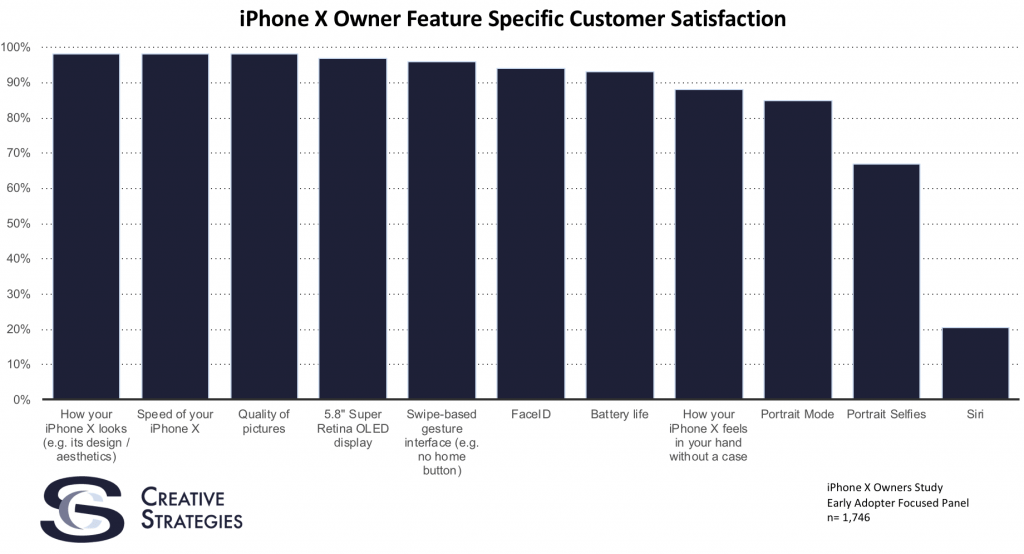“Only after experimenting with that joke 25 more times, she said, would she know if it works.”
The Strategic Mind of Ali Wong:
So perhaps it’s no surprise that anxiety about success is also a theme of her new work. This is part of the reason she returned to the stage early this year, five weeks after giving birth, against the advice of her doctor. She’s terrified of becoming unfunny. “I’ve seen it happen to people who got famous and seduced by it,” she said. “I don’t know if it’s work ethic or if they’re delusional because the audience loves them so much.”
Two months after giving birth she slipped out of the house and drove to the Upright Citizens Brigade here to make an unannounced appearance, walking onstage in sweatpants and a puffy jacket to roaring applause. She told a new joke about #MeToo and got a laugh, though she wasn’t sure she could trust it. U.C.B. crowds are notoriously generous. Only after experimenting with that joke 25 more times, she said, would she know if it works.
I’m always interested to hear the creative habits of successful artists, because the successful ones always have creative habits. If you don’t know what creative habits are, they’re goals with work ethic applied to them.
If you’re into this topic check out The Creative Habit by Twyla Tharp.


